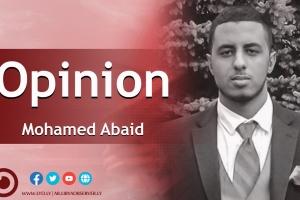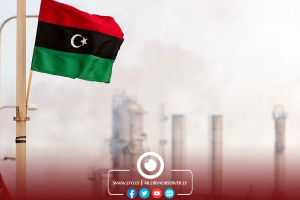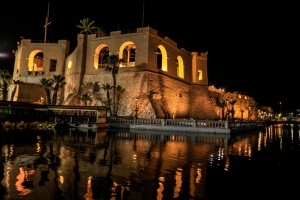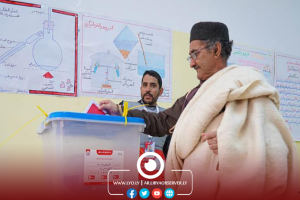By Mohamed Abaid, Independent Libyan Analyst
The Wagner Group in Libya: A Shadowy Conduit of Chaos and Instability
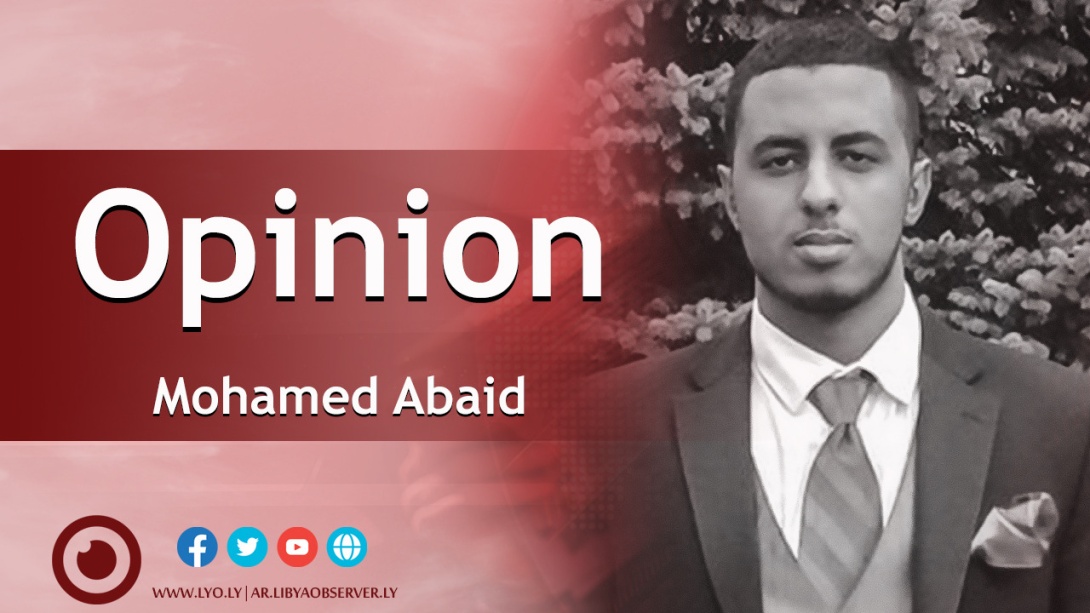
The Wagner Group, a private military company (PMC) with strong ties to the Russian state, has been operating in Libya since 2019. Their presence has significantly contributed to the ongoing instability and conflict in the country. This article delves into the activities of the Wagner Group in Libya, the atrocities they have committed, and the potential ways to mitigate their influence and restore peace and stability in Libya.
The Wagner Group first emerged in 2014, supporting pro-Russian separatists in the conflict in eastern Ukraine. Since then, they have been involved in various regions, including Syria, Mozambique, Sudan, and the Central African Republic. In Libya, they have aligned themselves with the forces of General Khalifa Haftar, a key player in the Libyan civil war.
The Wagner Group's Activities and Atrocities in Libya:
The Wagner Group's activities in Libya have been marked by a blatant disregard for human rights and international law. They have been implicated in numerous war crimes, including the intentional killing of civilians. One Libyan villager recounted how he had to play dead as his relatives were killed by Wagner operatives. Such testimonies have helped identify suspected perpetrators within the group.
The Wagner Group's activities have not only resulted in a tragic loss of life but have also significantly contributed to the ongoing instability in Libya. Their support for General Haftar has exacerbated the civil war, leading to a protracted conflict that has devastated the country's infrastructure and displaced thousands of people.
The Impact of the Wagner Group's Withdrawal from Libya: The withdrawal of the Wagner Group from Libya would undoubtedly have a positive impact on the country. Their departure would likely lead to a de-escalation of the conflict, paving the way for peace negotiations and the potential establishment of a stable government.
The withdrawal of the Wagner Group would also send a strong message to other PMCs operating in conflict zones. It would signal that the international community will not tolerate the actions of rogue PMCs that flout international law and commit atrocities with impunity.
Steps Towards the Wagner Group's Withdrawal
International Pressure: The international community, particularly the United Nations, should exert pressure on Russia to withdraw the Wagner Group from Libya. This could involve imposing sanctions or other punitive measures.
Diplomatic Engagement: Diplomatic channels should be used to negotiate the Wagner Group's withdrawal. This could involve direct talks with the Russian government or indirect negotiations through intermediaries.
Support for the Libyan Government: The international community should provide support to the Libyan government to strengthen its capacity to deal with the Wagner Group. This could involve providing military aid, training, and logistical support.
Legal Action: Legal action should be taken against the Wagner Group for their alleged war crimes. This could involve prosecutions in international courts, which would serve to hold the group accountable for their actions.
Conclusion: The Wagner Group's activities in Libya have had a profound and largely negative impact on the country. Their involvement in the conflict, marked by numerous human rights abuses and potential war crimes, has exacerbated the instability and suffering of the Libyan people. The group's operations have not only resulted in a tragic loss of life but have also significantly contributed to the ongoing political instability that has hindered efforts towards establishing a stable, unified government.
The withdrawal of the Wagner Group from Libya is not just a desirable outcome; it is an imperative for the future stability and prosperity of the country. Their departure would likely lead to a de-escalation of the conflict, opening the door for peace negotiations and the potential establishment of a stable government. It would also help protect Libya's civilian population from further harm and allow the country to begin the process of healing and reconstruction.
Disclaimer: The views and opinions expressed in this article are those of the writer, and do not necessarily reflect those of the Libya Observer


